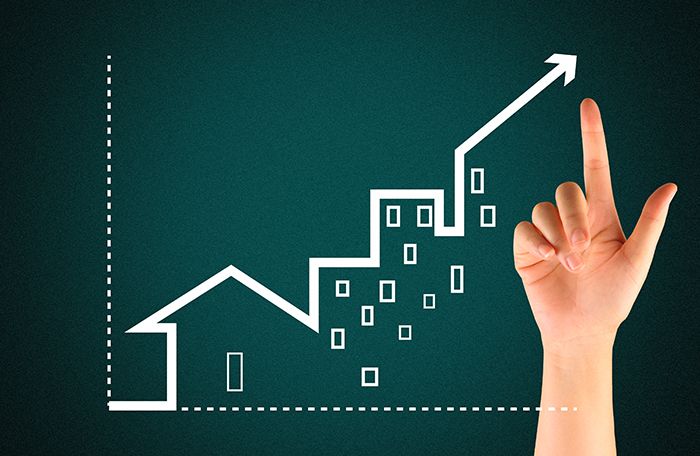
The number of house purchase approvals made in 2020 came to 818,500 in 2020, describes data from the Bank of England.
This, it says, is the highest number seen in a single year since 2007 and comes off a record low of 9,400 approvals recorded in May 2020.
“Recent strength in approvals has more than offset the significant weakness earlier in the year,” says the bank.
In December 2020, there were 103,400 house purchases approved with a value of £22.3bn compared to 105,300 approved in November 2020 with a value of £22.1bn.
Remortgage approval figures also dipped on a monthly basis in December 2020: there were 33,800 approved at a value of £6.4bn compared to 34,900 approved at a value of £6.7bn the month previous.
Remortgage approvals for 2020 equalled 451,400, lower than the 587,600 figure seen in 2019.
The BoE says that net borrowing in December 2020 came to £5.6bn, which was only slightly down on the £5.7bn seen the month before and far above the previous six months’ average of £3.9bn.
Total borrowing in 2020 equalled £43.3bn, which is some way off 2019’s £48.1bn.
And during December 2020, the interest rate paid on newly drawn mortgages rose 7 basis points to 1.90 per cent, the bank adds. This is the highest interest rate seen since October 2019. It shows “Sustained demand for higher LTV mortgages,” says Hometrack managing director David Ross.
North London estate agent and former Rics residential chairman Jeremy Leaf comments: “While these figures are always a good indicator of direction of travel for the market, we won’t be getting carried away, not least because the year’s low for these approvals appeared a couple of months after the first lockdown.
“Similarly, the change in market conditions we are seeing on the ground now will not be seen in the numbers for another month or two at least.”
Leaf adds: “We don’t anticipate any drastic change in prices, which will continue to be supported by shortage of stock and perhaps more first-time buyers taking advantage of a levelled playing field once investors lose their market advantage after the stamp duty concession ends.”
Phoebus Software sales and marketing director Richard Pike says: “The overall effect on the housing market, despite the buoyant figures, is one that some will be feeling is not necessarily for the better.
“The increased demand has pushed prices up and FTBs are again feeling the brunt. With the average deposit needed now over £10,000 more than it was a year ago, according to research by Halifax, getting onto the property ladder is becoming harder again.
“The need for higher LTV lending is obvious although, for lenders, the ongoing economic impact and the risk of rising unemployment is a concern for long term affordability.”



